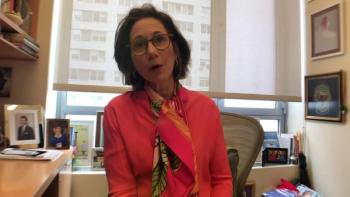
Cancer Network spoke with Ruth Oratz, MD, a medical oncologist at NYU Langone Perlmutter Cancer Center in New York City, about the use of PARP inhibitors for breast cancer.

Your AI-Trained Oncology Knowledge Connection!


Cancer Network spoke with Ruth Oratz, MD, a medical oncologist at NYU Langone Perlmutter Cancer Center in New York City, about the use of PARP inhibitors for breast cancer.
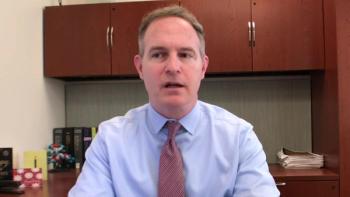
Cancer Network spoke with Hank Schmidt, MD, about the 10-year follow-up results of the EORTC AMAROS trial of radiotherapy vs surgery of the axilla in breast cancer patients with a positive sentinel node.
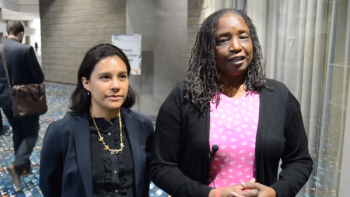
Cancer Network spoke with Jennie Williams, PhD, and Jenny Paredes, a PhD student, about how tumor biology impacts chemotherapy response in African American vs Caucasian patients.
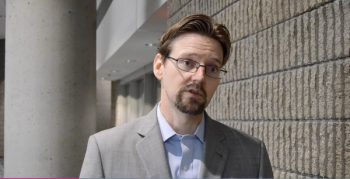
Cancer Network spoke with Ryan J. Sullivan, MD, about the efficacy and safety of entinostat plus pembrolizumab in patients previously treated with immunotherapy.
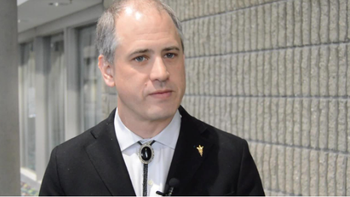
Cancer Network spoke with Carlo Maley, PhD, about how strategies utilized in agriculture can be applied to drug resistance in oncology.
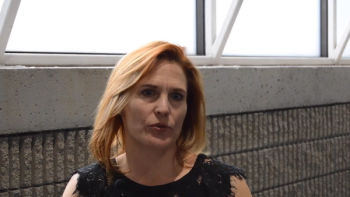
Cancer Network spoke with Sheila A. Stewart, PhD, on how age-related changes in the tumor microenvironment may impact progression and metastasis.
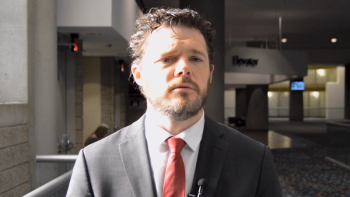
Cancer Network spoke with Mark H. O'Hara, MD, about the safety and efficacy of APX005M in combination with standard chemotherapy with or without nivolumab.
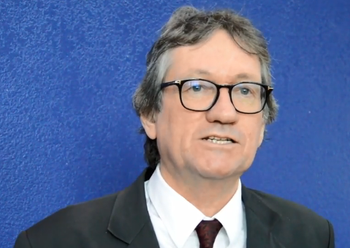
Cancer Network spoke with Richard Gray, MSc, about the effects of prolonging adjuvant aromatase inhibitor therapy has on breast cancer patients.
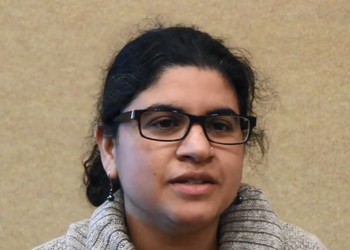
Cancer Network spoke with Dr. Shaila Merchant about the difficulty in determining and linking the many disparities in gastric cancer and how genetic research can help.
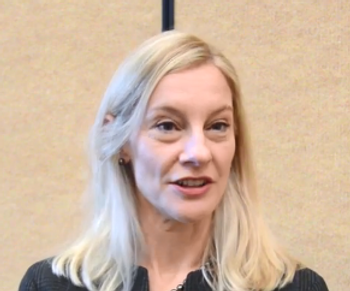
Cancer Network spoke with Dr. Karyn Goodman about the importance of developing a systematic therapy regimen for the treatment of esophagogastric cancer.
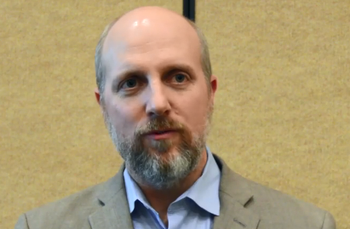
Cancer Network spoke with Dr. Scott Kopetz about RNA-based subtyping and the challenge of spreading the word of the importance of biomarker testing in colorectal cancer.
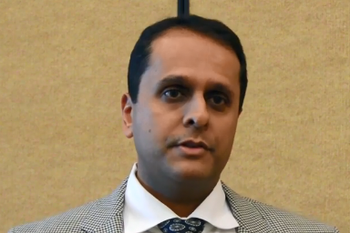
Cancer Network spoke with Dr. Shishir Maithel about grading and diagnosing neuroendocrine tumors and how PRRT best fits into the treatment algorithm of these tumors.

Cancer Network spoke with Dr. Daniela Molena about the advancements in the treatment of esophageal cancer, including the safety and importance of endoscopic resection for the disease.
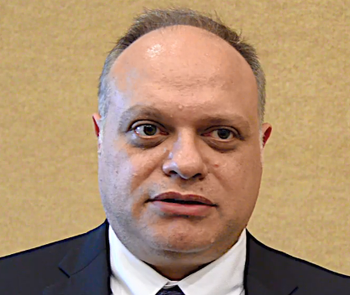
Cancer Network spoke with Dr. Bassel El-Rayes about novel strategies on the horizon for pancreatic cancer during the 2019 ASCO Gastrointestinal Cancers Symposium.
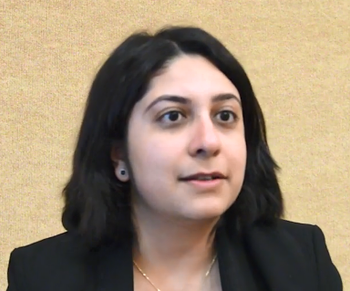
Cancer Network spoke with Dr. Hirva Mamdani about the role and efficacy of adjuvant durvalumab in patients with Esophageal/GEJ Cancer.
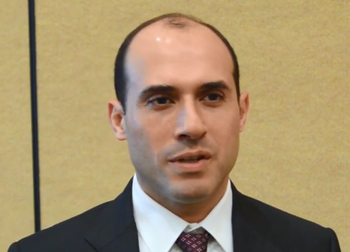
Cancer Network spoke with Dr. Ahmed Kaseb about a phase II pilot trial of perioperative immunotherapy for resectable HCC and how the results could change future perioperative treatment of the disease.
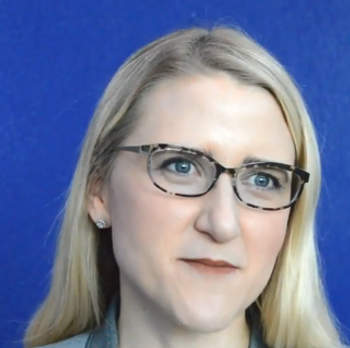
Cancer Network spoke with Dr. Carmen Bergom about advancements in the treatment of DCIS and the importance of using local recurrence patterns to help guide future research.
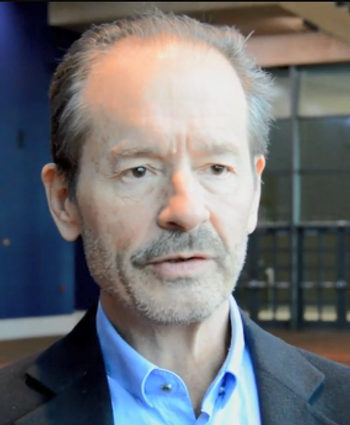
Dr. Lewis Cantley discusses targeting the PI3K pathway in breast cancer and the importance of managing ambient insulin levels during therapy.
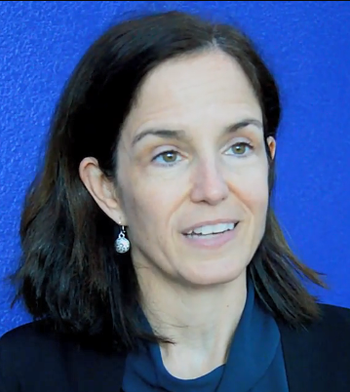
Dr. Susan Domchek discusses the increased understanding of moderate penetrance genes and the importance of managing patients with these genes on a case-by-case basis.
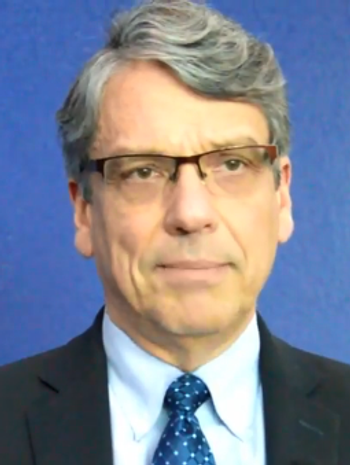
Dr. Charles Geyer discusses the phase III KATHERINE trial, which compared ado-trastuzumab emtansine vs trastuzumab in HER2-positive early breast cancer.
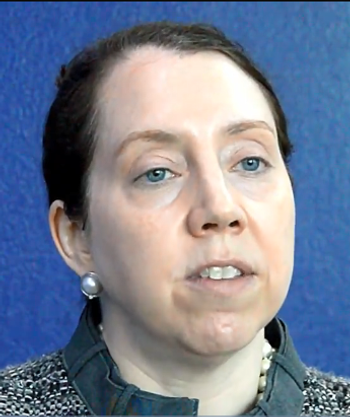
In this video, Dr. Allison Kurian discusses polygenic risk scores, genetic testing in diverse populations, and more as they relate to breast cancer.
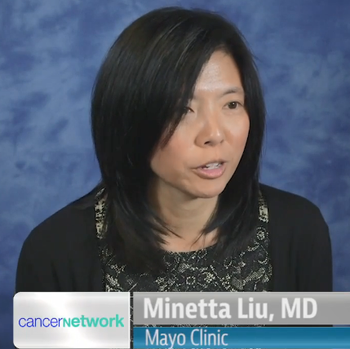
In this video, Dr. Minetta Liu outlines current research into profiling breast cancer cell-free DNA in the blood, potentially to identify clinically aggressive breast cancer subtypes.
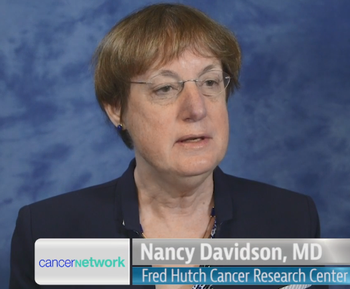
In this video, Dr. Nancy Davidson highlights current and next-generation diagnostics and therapies in breast cancer, as well as the need for “team science” in clinical trials.
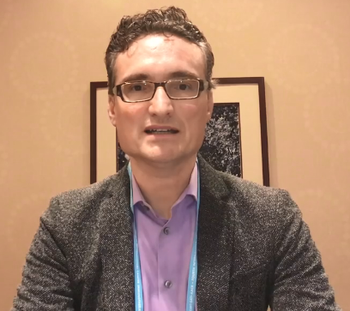
Dr. Filip Janku speaks with Cancer Network about a phase I clinical trial investigating the use of bacterial clostridium novyi-NT in solid tumors.

In this video, Dr. Arti Hurria discusses resources addressing the disconnect between cancer as a growing problem in the elderly and the fact that clinical trials mostly enroll younger patients.
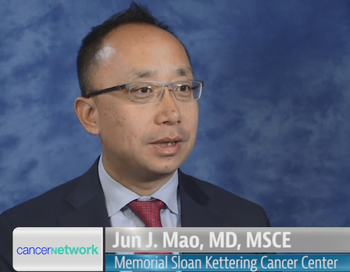
In this video, Dr. Jun Mao describes practical changes that have boosted sleep quality in cancer patients, and highlights results of a study showing sleep benefits from both CBT and acupuncture.
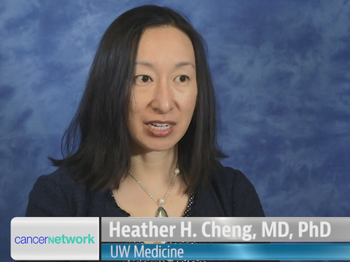
In this video, Dr. Heather Cheng briefly outlines the GENTleMEN study on the impact of genetic testing for men with advanced prostate cancer.
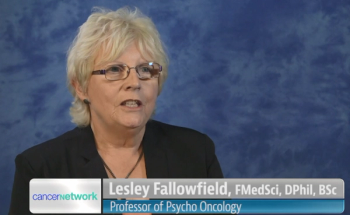
In this video, Professor Dame Lesley Fallowfield explains why oncologists need to be aware of their own tolerance of uncertainty before discussing possible treatment risks and outcomes with patients.
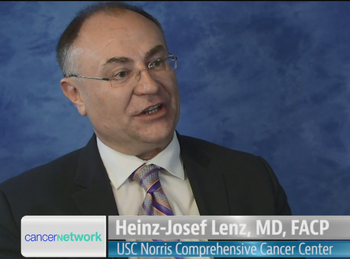
In this video, Dr. Heinz-Josef Lenz outlines the many advantages that development of liquid biopsy is affording cancer patients.
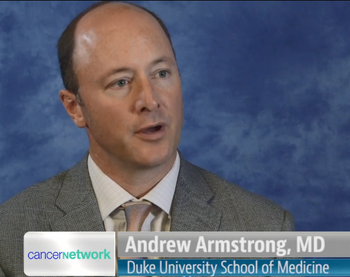
In this video, Dr. Andrew Armstrong explains why AR-V7–positive men rarely benefit from abiraterone or enzalutamide, and advises on AR-V7 testing as a clinical tool.